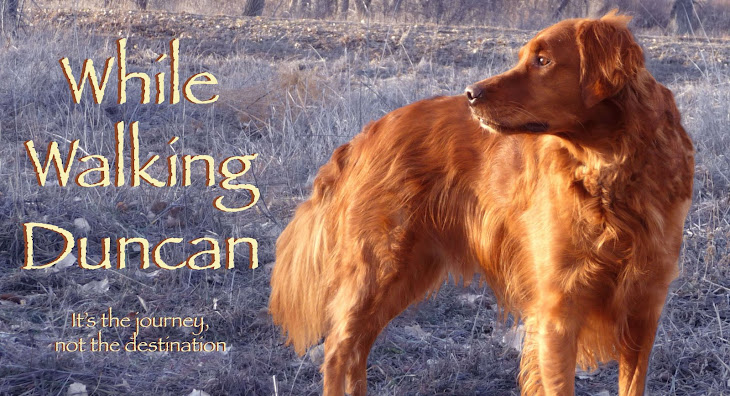I've been listening to my favorite podcast, Radio Lab. In one of the most recent episodes, Laughter, it's explained that Aristotle theorized that laughter was the one thing which set us apart from all other living creatures and in fact we don't really become human until our first giggle as a baby, typically around the fortieth day of our lives. Science has since slowly chipped away at Aristotle's idea and has determined that not only do babies enjoy their first laugh around day ninety, but that perhaps humans aren't alone in their ability to laugh. Several studies have shown that rats laugh, as do primates and several other species.
But what is laughter? One of the theories put forth by the Radio Lab episode is that we laugh as a sort of defense mechanism, a way of signaling non-malicious intent while behaving aggressively. For instance, baby rats who play together laugh to remind the rest of the community that they're not actually fighting, simply playing, a way of saying, "There's no trouble here. It's all fun and games." Radio Lab go on to report that laughter has developed for societal reasons, that without the aid of books or film or recordings or other media we don't laugh when we're alone because there's simply no reason to do so.
Science has a remarkable way of removing the fun and magic from life even as it offers explanation and enlightenment. But that's science's job and I can't lay any blame. I, however, am a romantic and have a difficult time thinking in such black and white ways. But as Tom Robbins said, "Romanticism and science are good for each other. The scientist keeps the romantic honest and the romantic keeps the scientist human."
I have spent countless hours playing with Duncan and were Dr. Lab Coat to tell me that Dunc does not experience joy and knows nothing of laughter, I would smile politely but think him an idiot. This morning––a gorgeous 70˚ morning––Melissa and I took Duncan and Kona on a walk through the park, down to Starbucks. The dogs played almost constantly, wrestling and nipping, stealing sticks and treats from one another. It was clear they enjoyed the other's company. And even when they weren't interacting––what the scientists call "parallel play"––they were enjoying being outside, the blue of the sky, the warmth of the air, the fragrance of Spring rising up all around us. I needed no rationale to tell me my dog was happy.
And I do not need years of study and research to tell me that it's possible Duncan may laugh. When we wrestle, or when he rolls in the grass, or even when we've been working hard on some new "trick" and he sees he's pleased me, his joy is apparent; I have heard his laughter. We laugh alone together all the time. I need no other proof.
But what is laughter? One of the theories put forth by the Radio Lab episode is that we laugh as a sort of defense mechanism, a way of signaling non-malicious intent while behaving aggressively. For instance, baby rats who play together laugh to remind the rest of the community that they're not actually fighting, simply playing, a way of saying, "There's no trouble here. It's all fun and games." Radio Lab go on to report that laughter has developed for societal reasons, that without the aid of books or film or recordings or other media we don't laugh when we're alone because there's simply no reason to do so.
Science has a remarkable way of removing the fun and magic from life even as it offers explanation and enlightenment. But that's science's job and I can't lay any blame. I, however, am a romantic and have a difficult time thinking in such black and white ways. But as Tom Robbins said, "Romanticism and science are good for each other. The scientist keeps the romantic honest and the romantic keeps the scientist human."
I have spent countless hours playing with Duncan and were Dr. Lab Coat to tell me that Dunc does not experience joy and knows nothing of laughter, I would smile politely but think him an idiot. This morning––a gorgeous 70˚ morning––Melissa and I took Duncan and Kona on a walk through the park, down to Starbucks. The dogs played almost constantly, wrestling and nipping, stealing sticks and treats from one another. It was clear they enjoyed the other's company. And even when they weren't interacting––what the scientists call "parallel play"––they were enjoying being outside, the blue of the sky, the warmth of the air, the fragrance of Spring rising up all around us. I needed no rationale to tell me my dog was happy.
And I do not need years of study and research to tell me that it's possible Duncan may laugh. When we wrestle, or when he rolls in the grass, or even when we've been working hard on some new "trick" and he sees he's pleased me, his joy is apparent; I have heard his laughter. We laugh alone together all the time. I need no other proof.


2 comments:
Hi,
Your dog is the most beautiful ginger Golden we have seen.
Good lack !
Dogs laugh more often, more unselfconsciously, and more joyfully than any human ever has. They just don't make a big thing out of it.
Post a Comment